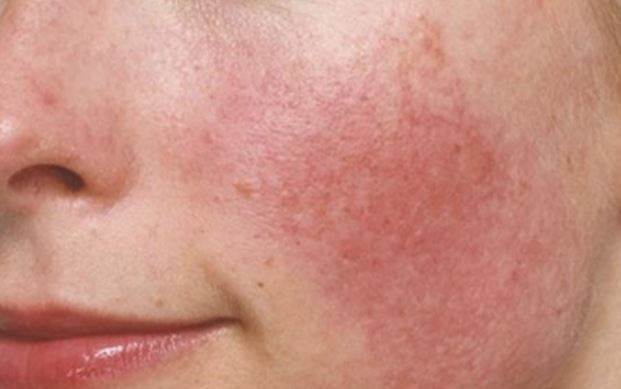Which foods and drinks can trigger rosacea?
The foods and drinks that can trigger rosacea flare-ups vary from person to person, but can include:
liver
yoghurt
sour cream
cheese (except cottage cheese)
chocolate
vanilla
soy sauce
yeast extract (bread is okay)
vinegar
aubergine, avocados and spinach
broad-leaf beans and pods, including lima, navy or pea
citrus fruits, tomatoes, bananas, red plums, raisins and figs
spicy and thermally hot foods
foods high in histamine
alcohol, particularly red wine, beer, bourbon, gin, vodka and champagne
hot drinks, including hot cider, hot chocolate, coffee and tea
Does rosacea get worse with age?
While it’s most common for rosacea to develop in people over the age of 30, it can develop at any age, and symptoms can worsen over time, especially without the right treatment and good self-care practices.
What happens if rosacea is left untreated?
If left untreated, rosacea symptoms will likely worsen, with more persistent redness, visible blood vessels, and potentially painful bumps and pimples. In severe cases, the skin may also thicken and enlarge, leading to firm, red bumps. This is especially common on the nose.
How does menopause affect rosacea?
For some women, hot flashes during menopause can exacerbate rosacea symptoms, trigger a flare-up, or even cause the initial onset of rosacea.

